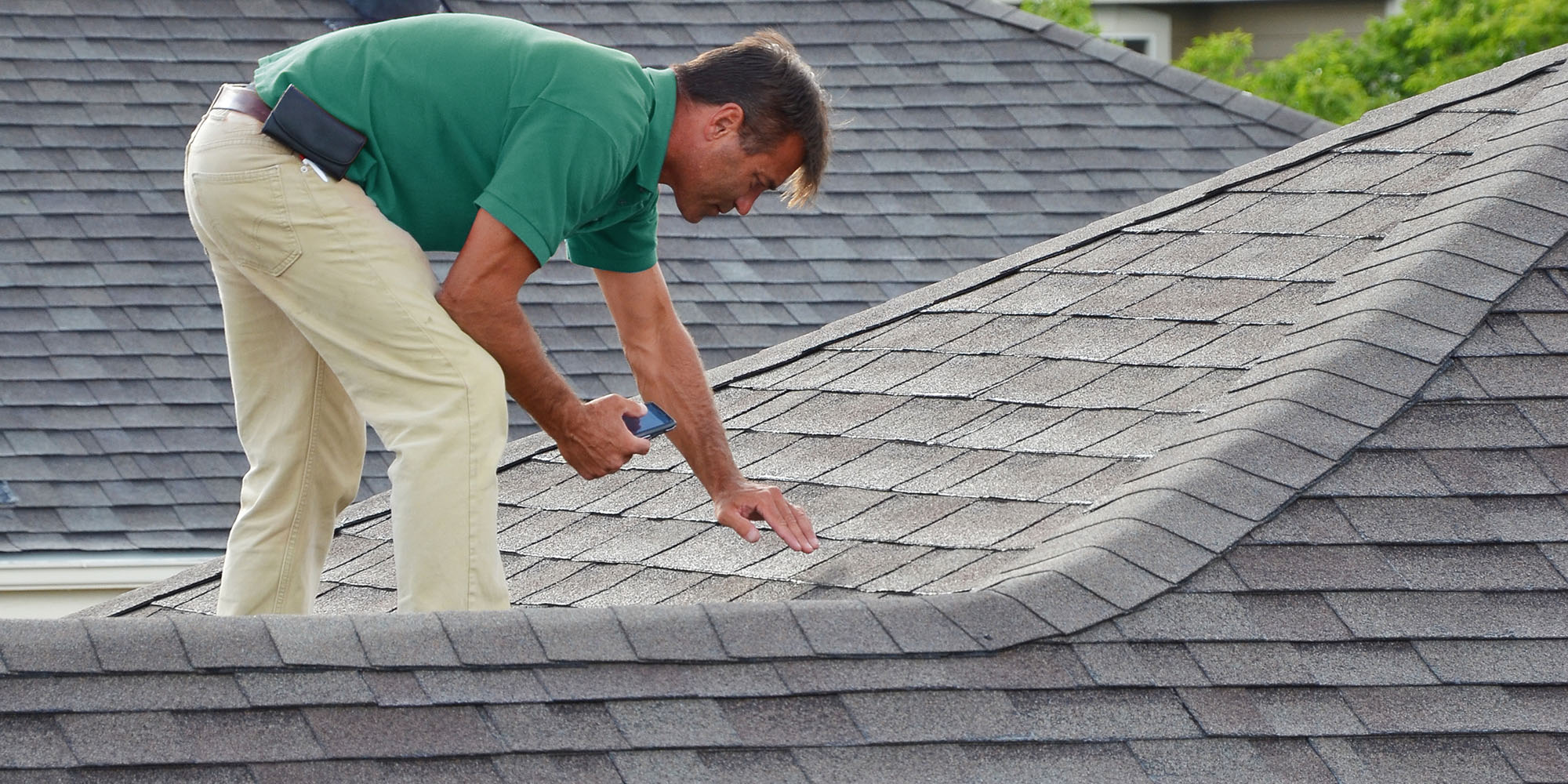When it comes to maintaining or replacing your roof, choosing the right roofer is crucial. The Florida climate presents unique challenges, so it’s essential to find a roofer who understands these specific needs. Here are some comprehensive tips to help you make an informed decision.
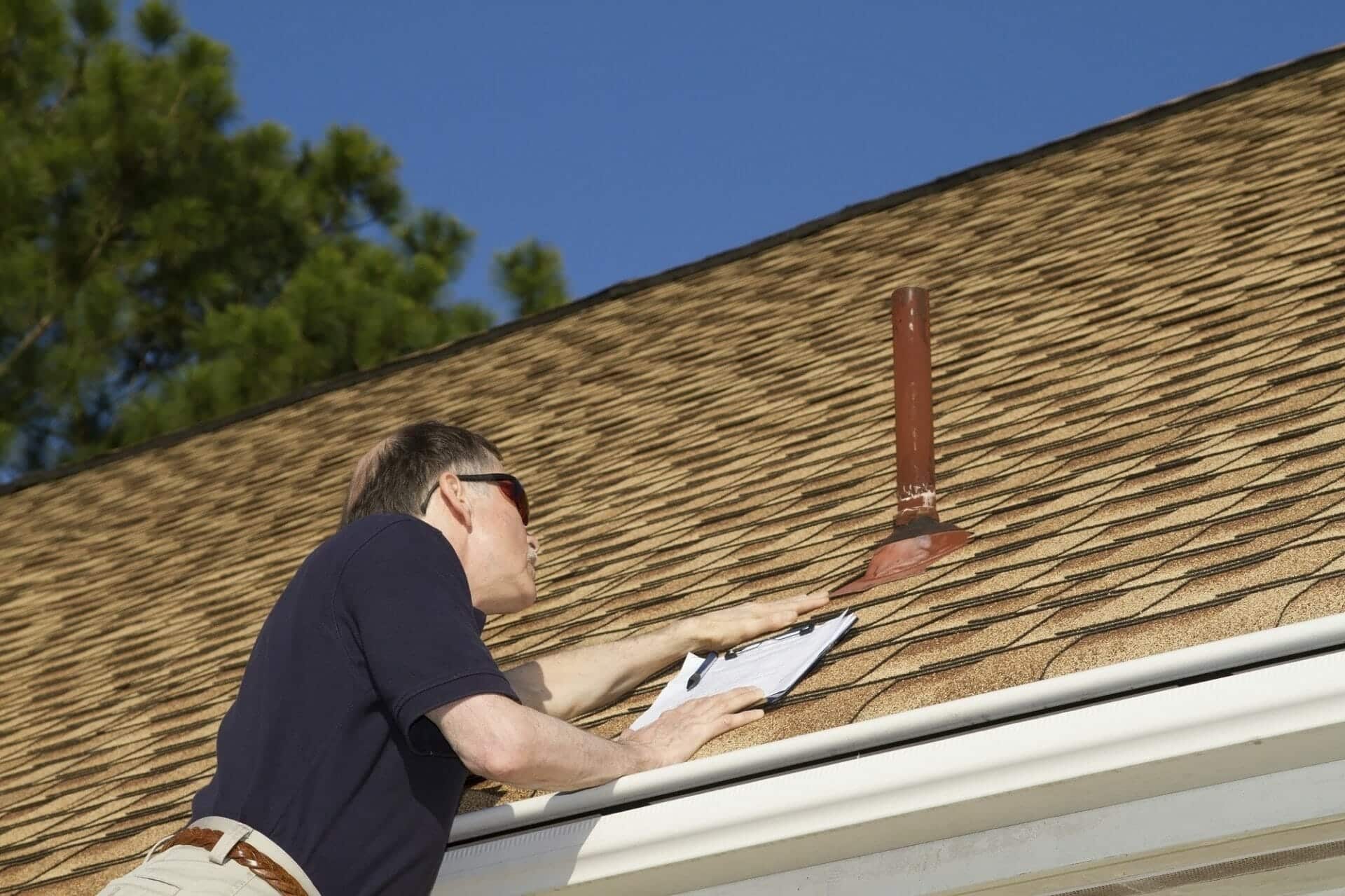
1. Local Experience Matters
Understanding Florida’s Climate
Choosing a roofer with local experience ensures they understand the impact of Florida’s weather on your roof. From intense sun to heavy rains and hurricanes, a local roofer knows how to build and repair roofs that can withstand these conditions.
Benefits of Hiring Local Roofers
- Familiarity with Local Building Codes: Local roofers are well-versed in the building codes and regulations specific to Florida, ensuring your roof is up to standard.
- Quick Response Time: Local contractors can respond faster in case of emergencies or urgent repairs.
- Community Trust: Local businesses often rely on word-of-mouth and reputation. They are more likely to provide quality service to maintain their standing in the community.
2. Verify Credentials
Licensing and Insurance
Ensure the roofer you choose is licensed and insured. This protects you from any liabilities in case of accidents or damages during the roofing project.
- License Verification: Check the Florida Department of Business and Professional Regulation (DBPR) website to verify the contractor’s license.
- Insurance Coverage: Confirm the roofer has both liability insurance and workers’ compensation. This covers property damage and worker injuries.
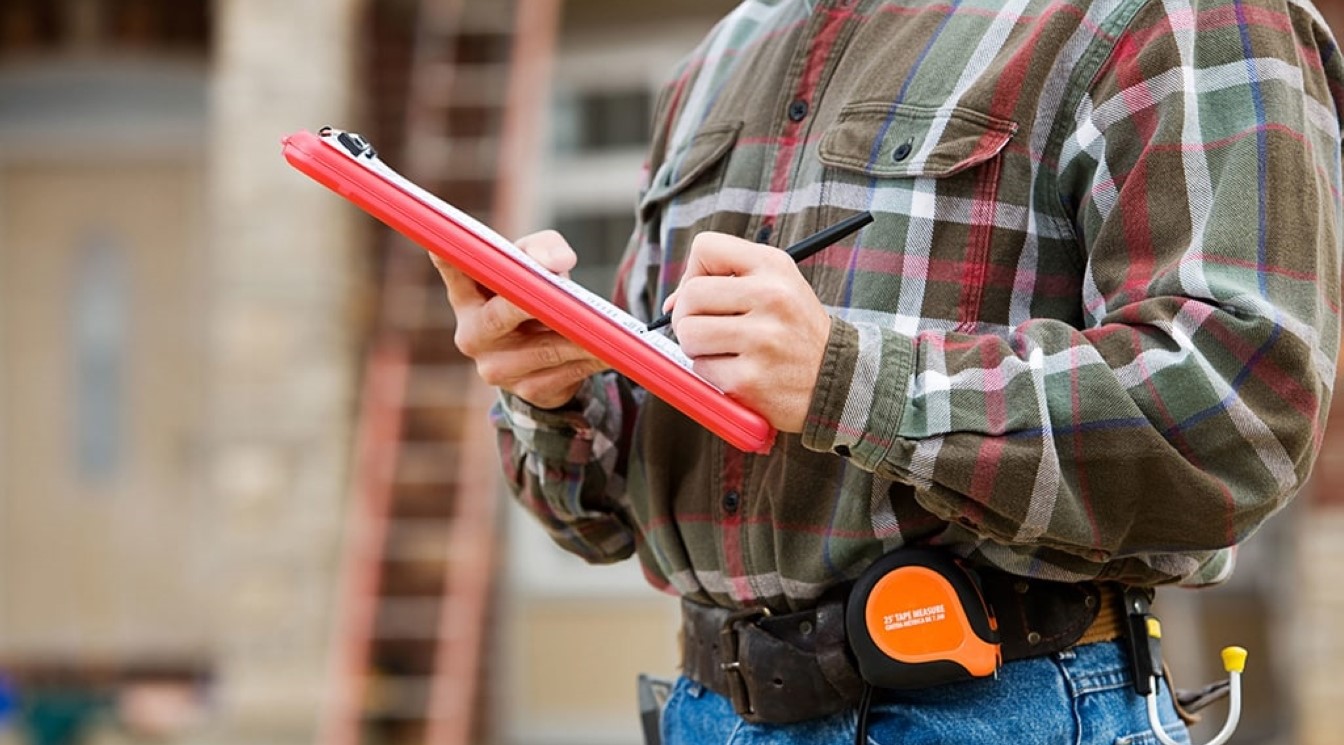
Certifications and Affiliations
Look for roofers with certifications from roofing manufacturers and affiliations with professional organizations.
- Manufacturer Certifications: Roofers certified by manufacturers can offer better warranties and demonstrate a high level of expertise.
- Professional Affiliations: Memberships in organizations like the National Roofing Contractors Association (NRCA) indicate a commitment to professionalism and ongoing education.
3. Review Experience and Expertise
Years in Business
A roofer with many years of experience is likely to provide reliable and high-quality services. Look for companies that have been in business for several years, as this indicates stability and reliability.
Specialization
Different roofers may specialize in various types of roofing materials and services. Ensure the roofer you choose has experience with the specific type of roof you have or need.
- Types of Roofing Materials: Shingle, metal, flat, tile, and TPO roofs each require different skills and expertise.
- Services Offered: From roof repairs and replacements to inspections and coatings, choose a roofer who offers comprehensive services.
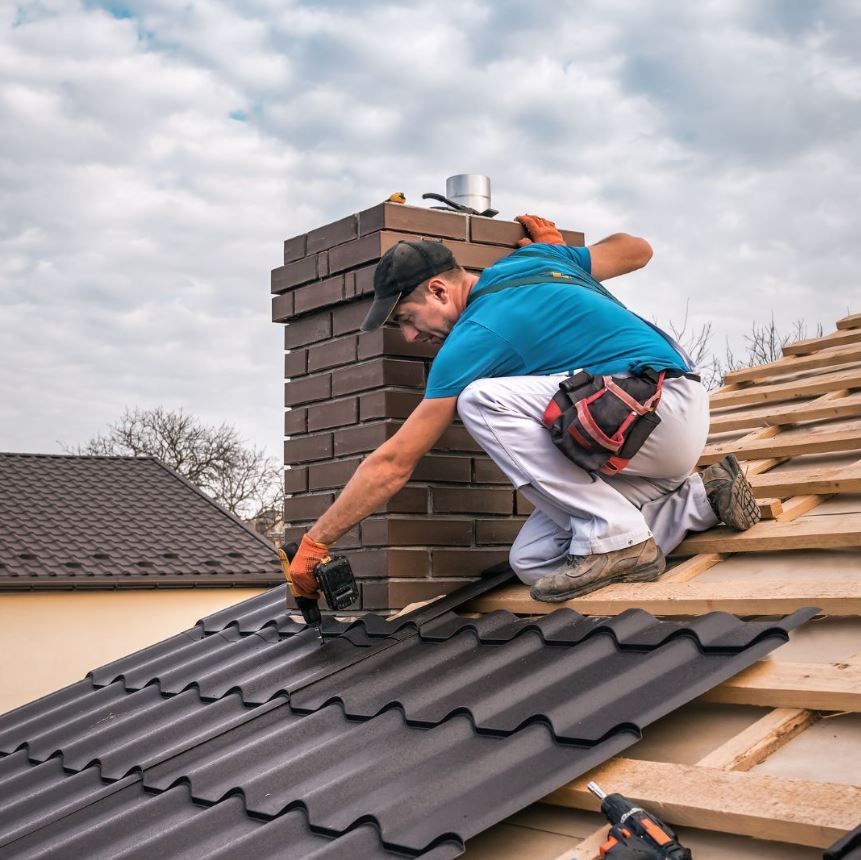
4. Check Reviews and References
Online Reviews
Online reviews can provide valuable insights into a roofer’s reliability and quality of work. Look for reviews on platforms like Google, Yelp, and the Better Business Bureau (BBB).
- Consistency: Look for consistent positive feedback and how the company responds to any negative reviews.
- Details: Pay attention to detailed reviews that mention specific aspects of the service, such as punctuality, cleanliness, and professionalism.
References
Ask the roofer for references from past clients. Contact these references to inquire about their experiences and satisfaction with the roofer’s work.
- Project Details: Ask about the scope of their project and the time it took to complete.
- Quality of Work: Inquire about the durability of the roof and any issues they faced post-installation.
5. Evaluate the Quality of Materials
Roofing Materials
The quality of materials used significantly affects the longevity and performance of your roof. Discuss the options with your roofer and choose high-quality materials that are suitable for Florida’s climate.
- Shingles: Look for shingles with high wind resistance and durability.
- Metal Roofing: Ensure the metal is rust-resistant and can reflect heat.
- Flat Roofing: Consider coatings that provide waterproofing and UV protection.
- Tile Roofing: Choose tiles that are durable and offer good thermal performance.
Warranties
Check the warranties offered on both the materials and the workmanship. A reputable roofer should provide strong warranties as a guarantee of their quality.
- Material Warranties: These are provided by the manufacturer and cover defects in the roofing materials.
- Workmanship Warranties: These are provided by the roofer and cover issues related to the installation process.
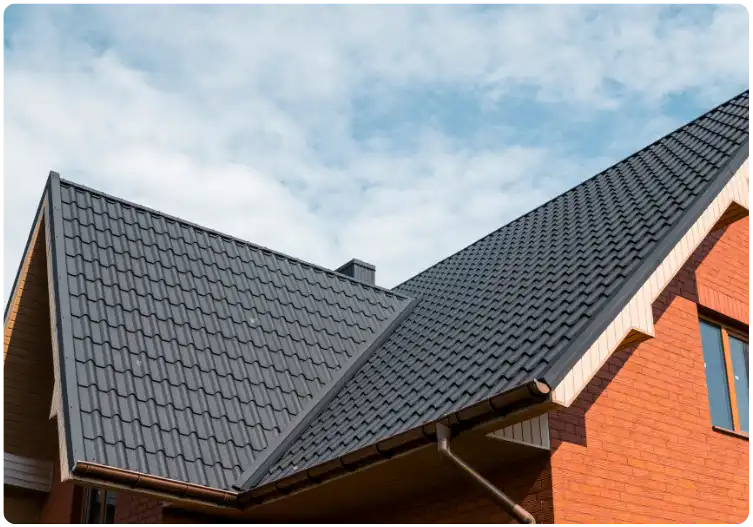
6. Understand the Roofing Process
Detailed Estimates
Request detailed estimates from multiple roofers. These should include the cost of materials, labor, and any additional fees. A detailed estimate helps you understand what you are paying for and allows for easier comparison between different contractors.
- Breakdown of Costs: Ensure the estimate includes a breakdown of all costs involved.
- Timeline: Get an estimated timeline for the completion of the project.
Communication and Project Management
Effective communication is key to a successful roofing project. Choose a roofer who communicates clearly and keeps you informed throughout the process.
- Point of Contact: Ensure there is a dedicated project manager or point of contact.
- Regular Updates: Expect regular updates on the project’s progress and any potential issues.
Cleanup and Disposal
Discuss the cleanup process and disposal of old roofing materials. A professional roofer should include this in their service to leave your property clean and free of debris.
- Site Cleanup: Ensure the roofer commits to cleaning up the site daily.
- Debris Disposal: Confirm that the roofer will dispose of the old roofing materials properly.
7. Red Flags to Watch For
High-Pressure Sales Tactics
Beware of roofers who use high-pressure sales tactics to rush you into making a decision. A reputable roofer will provide you with the information you need and allow you time to make an informed decision.
Unusually Low Estimates
While it’s tempting to go with the lowest estimate, unusually low bids can be a red flag. These may indicate lower quality materials or subpar workmanship. It’s important to balance cost with quality.
Lack of Written Contract
Always insist on a written contract that outlines all the details of the project, including costs, timelines, and warranties. A verbal agreement is not sufficient protection for such a significant investment.
FAQs
What should I look for in a roofing contract?
A roofing contract should include details such as the scope of work, materials to be used, cost breakdown, payment schedule, timeline, warranties, and the process for handling any changes or disputes.
How often should I have my roof inspected?
It’s recommended to have your roof inspected at least once a year and after major storms to identify and address any potential issues early.
Can a new roof increase my home’s value?
Yes, a new roof can significantly increase your home’s value by enhancing its curb appeal, energy efficiency, and overall structural integrity.
What are the signs that my roof needs repairs?
Common signs include missing or damaged shingles, leaks, water stains on ceilings, sagging roof areas, and granules from shingles accumulating in gutters.
Is it possible to install a new roof over the old one?
While it is possible, it’s generally not recommended as it can add unnecessary weight and hide underlying issues. It’s better to remove the old roof to properly assess and address any problems.
Choosing a roofer is a critical decision that requires careful consideration of various factors. By following these tips and thoroughly vetting potential contractors, you can ensure that you select a roofer who will provide high-quality service and a durable, long-lasting roof.
